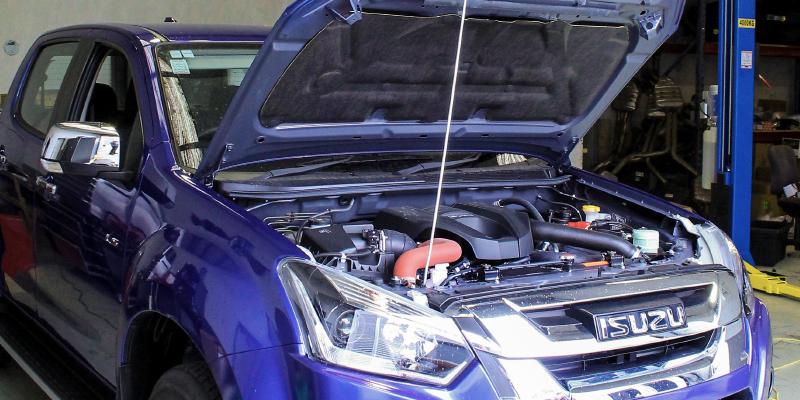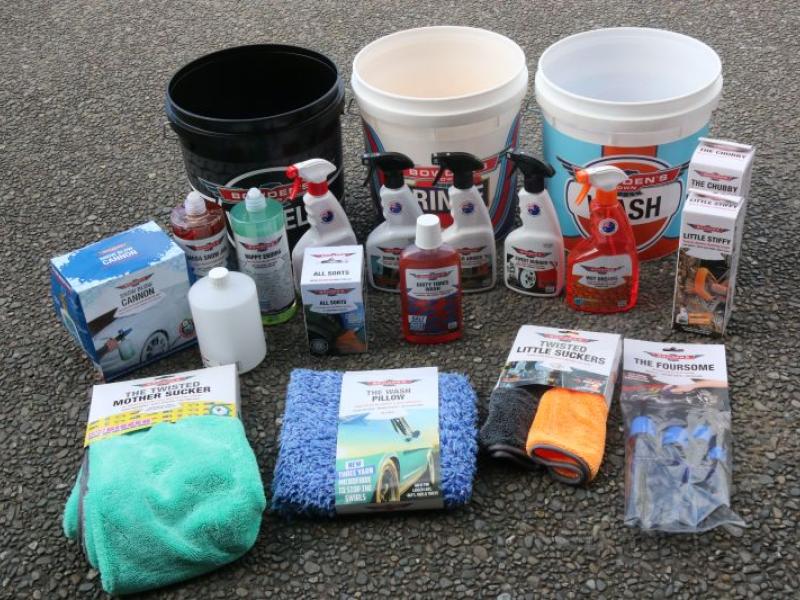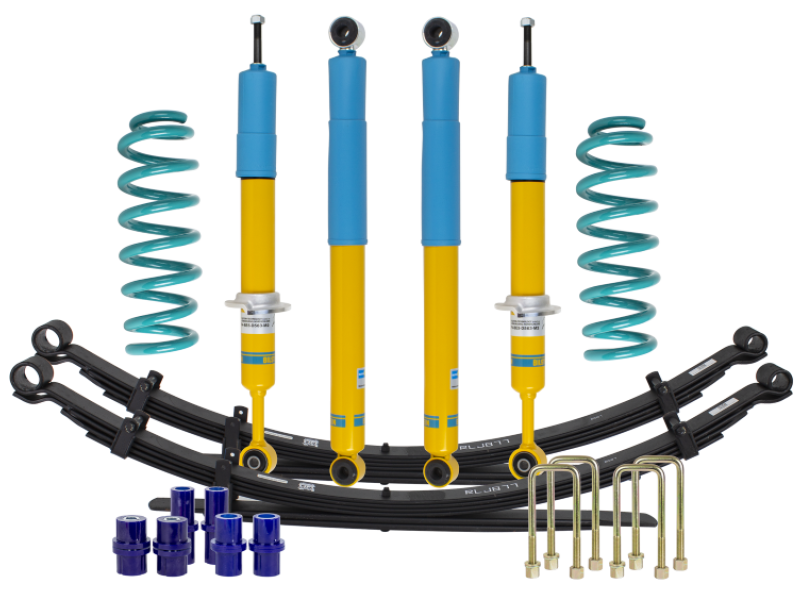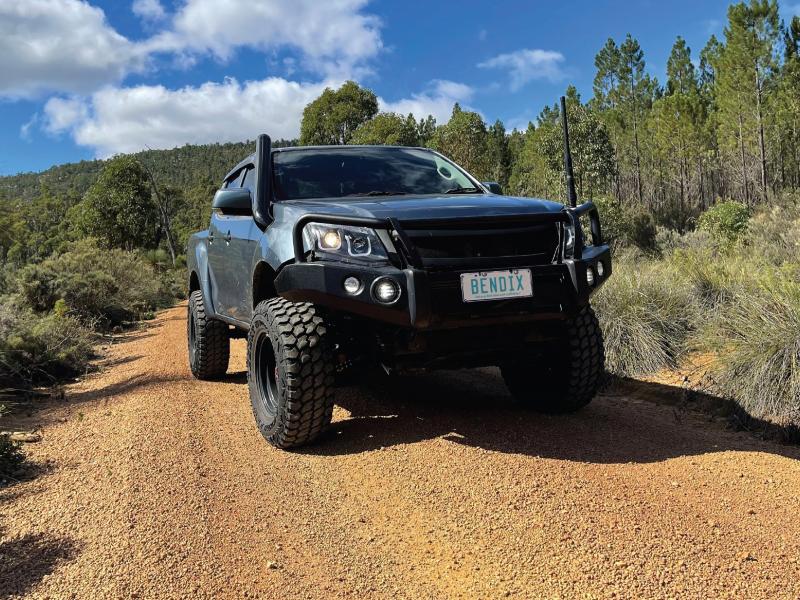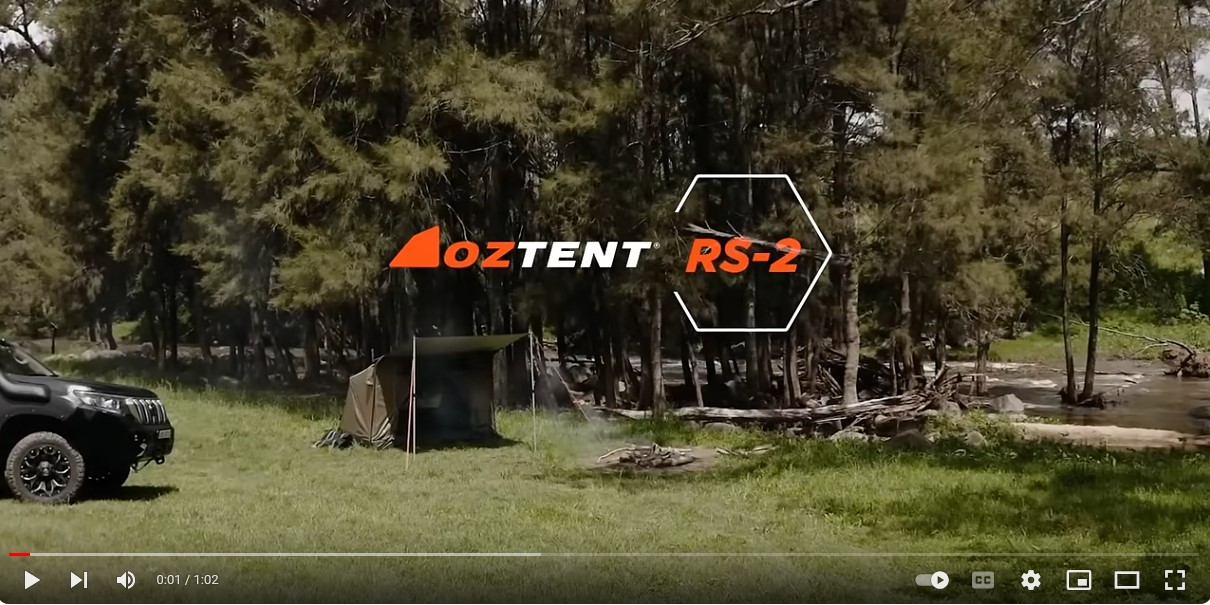There are some impressive gains to be had from ECU tuning as Sean Willmot discovered when he paid a visit to NZ Performance Tuning.
For most of us, the world of performance tuning is something of a dark art, especially for later model vehicles, with on board diagnostic systems, electronic fuel injection and electronic control units. We spoke to a – well, a collection of wizards really – to unlock the secrets of tuning tricks.
The wizards in question are the team at NZ Performance Tuning – a company whose name says it all – and which is headed up by Dave and Nicole Snook.
Auckland-based NZ Performance Tuning has been doing what it does for 12 years now, and in that time has amassed a massive amount of data from a diverse range of vehicles, which makes the team experts in the field of performance tuning.
Performance tuning 101
So, what is performance tuning, isn’t that sort of like putting a chip thing somewhere into the engine?
Go to the back of the class and stand in a corner. That’s a process known as ‘chipping’ or ‘chip boxes’ and it’s not what NZ Performance Tuning does and for good reason.
“Chipping,” says Dave “is not what we recommend if you want to maximise engine performance and engine longevity. It can give you performance gain but does so by effectively tricking the computer.
Without getting too technical, the majority of chips are better referred to as ‘interceptor boxes.’
They sit between the fuel system and the ECU and ‘convince’ the ECU that it is not getting all the juice it should be.
The ECU then calls for more fuel – potentially over-fuelling the engine – but generally giving more hp to some degree.
The downside is obvious and is comparable to what happens with a high watt lightbulb, which burns brightly, but for a limited time.
If you take a common rail diesel injection system and force more fuel through it than what it’s rated to take, you run the risk of damaging the – very expensive – CRDi system.
And how much fuel is too much fuel? A typical CRDi system runs up to about 32,000 – yes, that’s thirty two thousand – PSI.
By comparison, the average household water blaster runs at 1800 – eighteen hundred – PSI.
So, a chip could tell the ECU that its only running 29,000psi when it is in fact at 32,000psi and thus the ECU calls up another 3000psi of extremely high-pressure fuel going through seals and injectors that are already under pressure as the song goes. Well, you can see what could happen.
And a blown CRDI system will have four or six injectors that run anywhere from $700 to $1200 each. You really want them at risk?
The answer to that is ‘no, of course not’ but then how do you get more power?
That’s where Dave and the team come in.
Working with rather than against
Rather than install an aftermarket product (sometimes with dubious heritage and effectiveness), NZ Performance Tuning works with the vehicle’s computer rather than against it.
Using computers with programmes designed to extract and analyse engine data, NZ Performance Tuning downloads the ECU’s factory settings and parameters and allows the team to adjust those settings, allowing the engine to operate most efficiently in line with the customer’s requirements.
There are two considerations to this: one being the customer’s requirements. NZ Performance Tuning’s first question to the customer is likely to be “what do you want from a performance tune?”
The answer is typically, “more horsepower” followed by “better fuel efficiency” or “improved towing ability” and “faster turbo response,” all of which can be achieved through an ECU remap.
Typically, an ECU has a wealth of adjustability to it, but in order to achieve the bulk of requests from customers, the NZ Performance Tuning team need only look at a number of parameters which include torque limiting, torque requests, boost control, fuelling and a hint of injection timing to deliver a higher state of performance tune.
‘Driveability’ the key
“Most ‘from factory’ vehicles are built to deliver a balance of good fuel efficiency, smooth power delivery and driveability in general. They actually require very little tweaking to bring out improved performance, but balancing the various parameters so as to preserve the rest of the vehicle’s performance integrity accordingly is where the artistry comes in.
“We specialise in ‘driveability improvement’ overall,” says Dave, “with the ultimate goal of increased power and an improved driving experience, and that is something that can really only be achieved with an ECU performance tune.”
This is all well and good, but there is usually one other consideration from potential customers: “What about the vehicle warranty?”
This one is a tricky one, and Dave can answer it better than we can. Of course, if the vehicle is out of warranty anyway…
We will add that all NZ Performance Tuning work is underwritten by insurance, therefore, if any engine failure can be proven to have been the result of the tuning work done, it will be covered, and not every tuning specialist can claim the same thing.
It should be mentioned that in the entire time NZ Performance Tuning has improved customer vehicles, there has never been a claim lodged.
“New Zealand is a little behind the eight ball when it comes to performance tuning,” admits Dave, “but that doesn’t mean we are lacking in technology. In addition to our own experience, we have resources we can draw from.”
The more contemporary the engines of course, the easier they are for NZ Performance Tuning to work with and those engines may be found in cars, SUVs, utility vehicles, light commercials and marinised engines – anything with an ECU – can and will benefit from ECU tuning, the only question is how will it benefit?
And Dave has the answer: it will benefit in whatever way the customer wants to see a marked increase in the engine performance of their vehicle.


